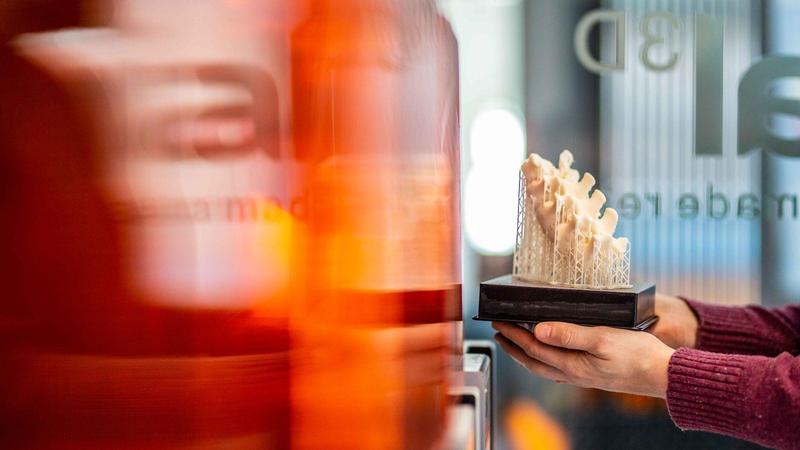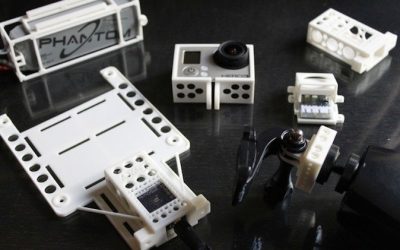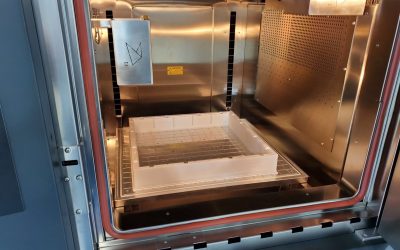The healthcare sector has been exploring applications of 3D printing for decades, but the cost and complexity of scaling the technology has stunted its path to mass adoption. Axial3D is hoping to overcome these barriers by incorporating machine learning into the process.
.
The Belfast-based startup has developed a system that uses computer vision algorithms to automatically label CT and MRI scans and then converts the images into 3D-printed models of an individual patient’s anatomy. Using machine learning to produce the models helps cut the time to create and deliver the 3D-printed files from up to eight weeks down to 24-48 hours, the startup claims.
.
“The challenge is really to identify the anatomy within an MRI or CT scan,” Axial3D CTO Niall Haslan tells Techworld . “There are people that are offering that as a service, but typically what they’ll do is they’ll have a radiologist or a […]
A Perfect Pair: 3D Printed Drones
Drones bring great energy to the design and 3D printing realm, with engineers engaged in developing new technology...




0 Comments